Much attention was generated by Saudi Foreign Minister Adel al-Jubeir’s interview with politico.eu. The minister appeared to offer Russia an economic lifeline from Western sanctions through economic access to the Gulf Cooperation Council—the grouping of the six Arab Gulf monarchies, most of which have large oil reserves—and “a pool of investment that exceeds that of China.”
Al-Jubeir followed this up with a recent statement about how the kingdom wants to “build the best relations with Russia in a number of joint cooperation fields.” He further noted that “a number of agreements” have already been signed between the two countries, their differences over Syria would not affect their joint cooperation elsewhere, and the gap in their viewpoints over Syria is narrowing.
Statements like these, it would appear, are exactly what Moscow wants (and, presumably, Washington does not want) to hear from Riyadh. But Moscow might not actually be pleased with this Saudi offer. Although al-Jubeir indicated a desire for improved Saudi-Russian relations in his politico.eu interview, he also made it clear that Riyadh has a decidedly negative view of Moscow’s friend, Tehran. “Iran is on a rampage,” he stated, accusing it of wanting to “re-establish the Persian empire.” Al-Jubeir also indicated that he saw Russia’s interests as being advanced through close ties to the Gulf Arab states, “not with Assad.” And finally, he declared that Assad’s days are numbered, “So make a deal while you can.”
This is definitely not what Moscow wants to hear from Riyadh. For al-Jubeir to publicly tell Moscow to “make a deal while you can” can only be regarded as demeaning—a “small” country presuming to give orders to “great Russia.” Nor does Moscow see any need to make such a deal. Moscow may well doubt that Saudi promises of Arab Gulf largesse in exchange for dropping Russian support for Assad will materialize. Besides, with Russian support, Assad appears quite likely to remain in power. It is his Saudi-backed opponents whose days are numbered, Moscow might well calculate.
This is not the first time that the Saudis have held out the prospect of economic benefits for Russia in exchange for dropping Assad. Moscow has not accepted such offers in the past and so is not going to accept this one either. Further, Moscow undoubtedly suspects that the Saudi foreign minister is well aware of this.
Why, then, would al-Jubeir make this offer yet again? There are several possibilities. One is that al-Jubeir stating that the kingdom is “ready to give Russia a stake in the Middle East that will make Russia a force stronger than the Soviet Union” is aimed at awakening Washington and other capitals to the need to do much more for Saudi Arabia in order to prevent this from happening. Another is that al-Jubeir is trying to create or (more accurately) exacerbate differences between Moscow and Tehran. Iranian commentators are always warning that Russia is willing to sell Iran out if it can get a high enough price for doing so. Yet another is that there really are influential Saudis (perhaps even in the palace) who believe that Riyadh can “incentivize” Moscow to drop Assad. Thus, al-Jubeir is making his offer knowing that it will be refused in order to discredit the belief that Saudi Arabia can work with Russia in Syria.
None of these three possibilities, of course, is mutually exclusive. In other words, al-Jubeir may be offering improved economic ties with Moscow as a way of eliciting greater American and Western concern, annoying Iran, and discrediting the hope for a Russia option within Saudi policy circles all at once.
There is, of course, one other explanation for why the Saudi foreign minister is now making this offer to Moscow. Perhaps he really does believe that Moscow will accept it this time. But Moscow is not more likely to ditch Assad now, when his position in Syria is much stronger than it was in the summer of 2015 before the Russian intervention. So, any optimistic Saudi belief that there is an “Assad’s head in exchange for cash” deal can be made with Moscow will soon be disabused.
This article was originally published by LobeLog.
The views represented herein are the author's or speaker's own and do not necessarily reflect the views of AGSI, its staff, or its board of directors.

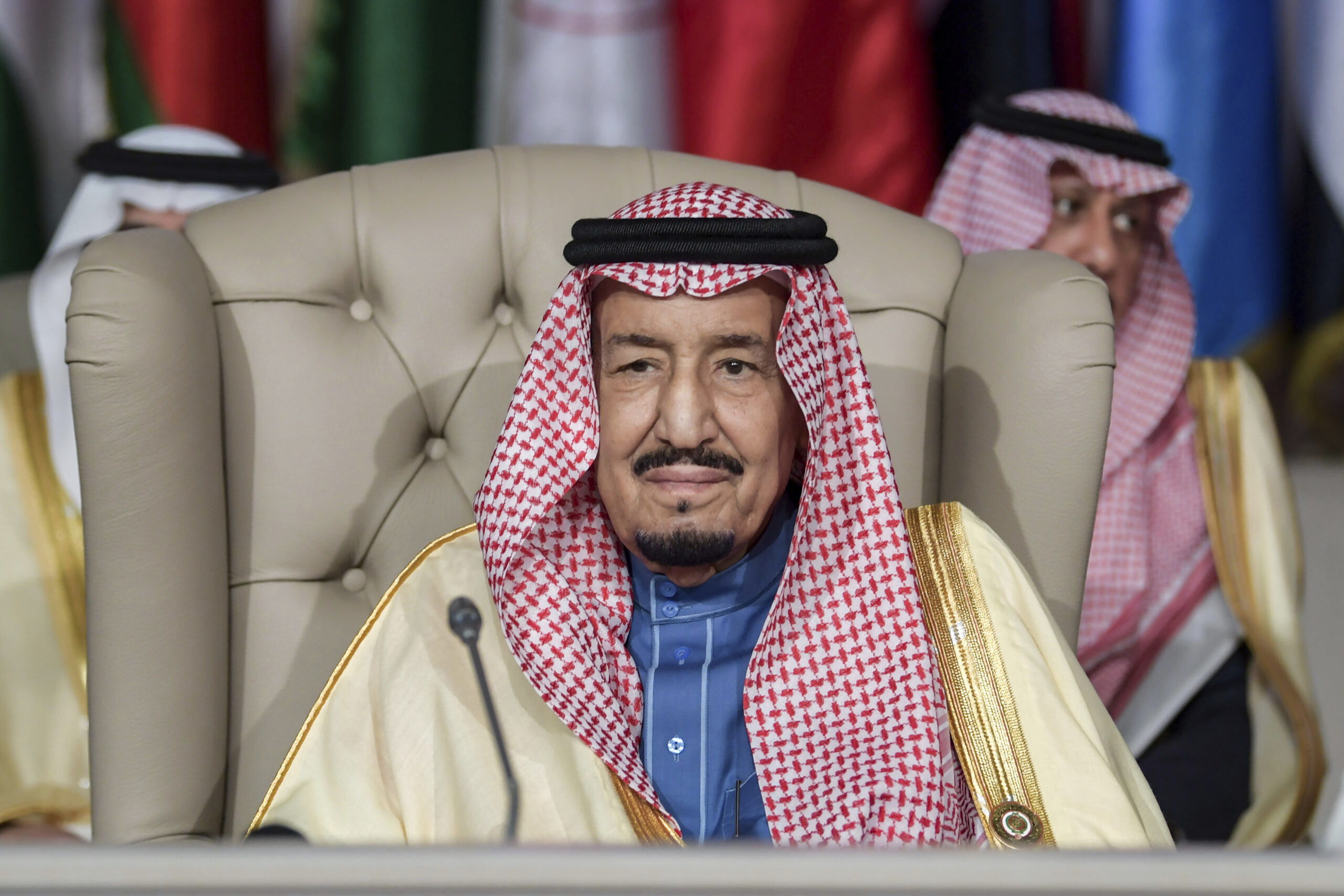

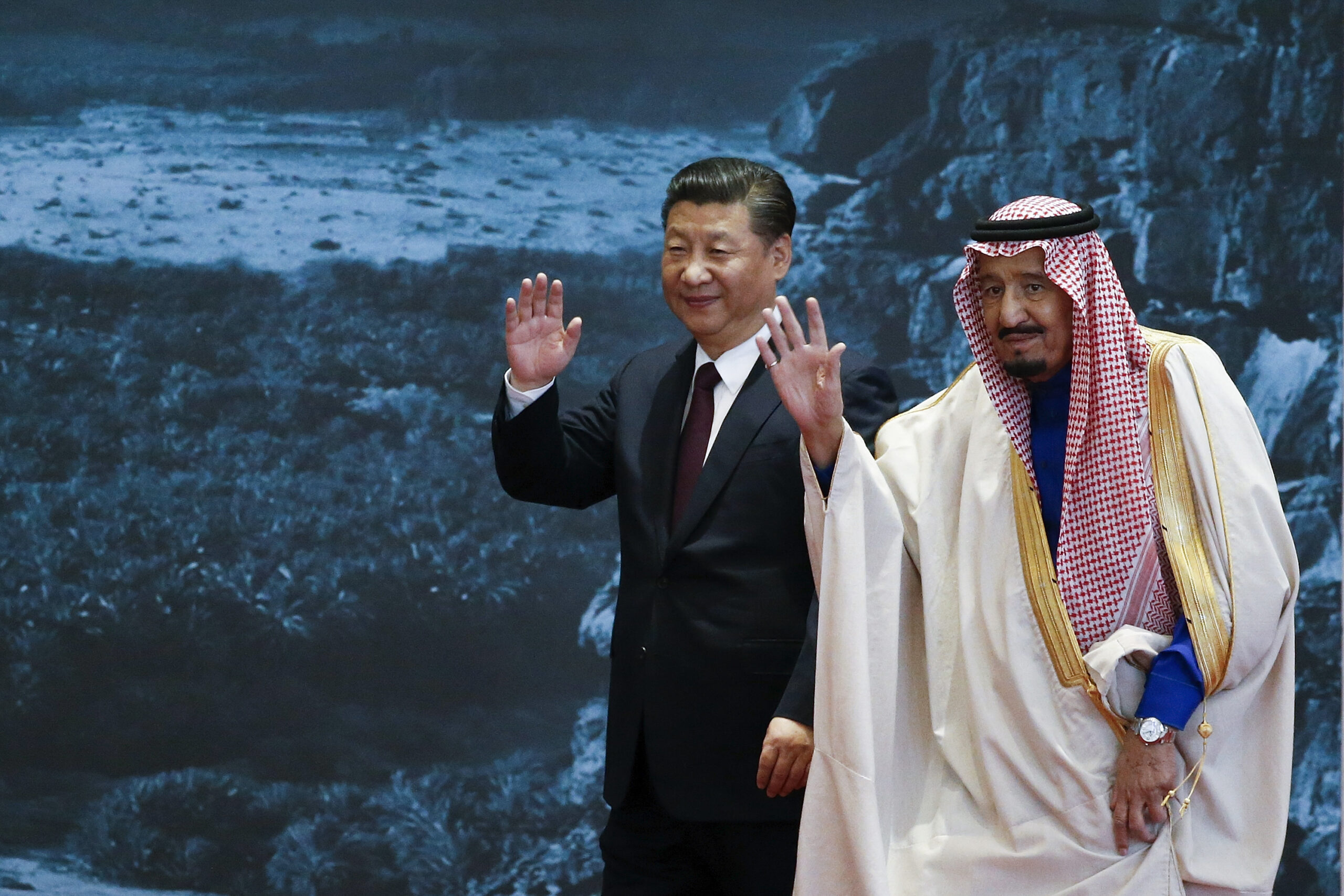

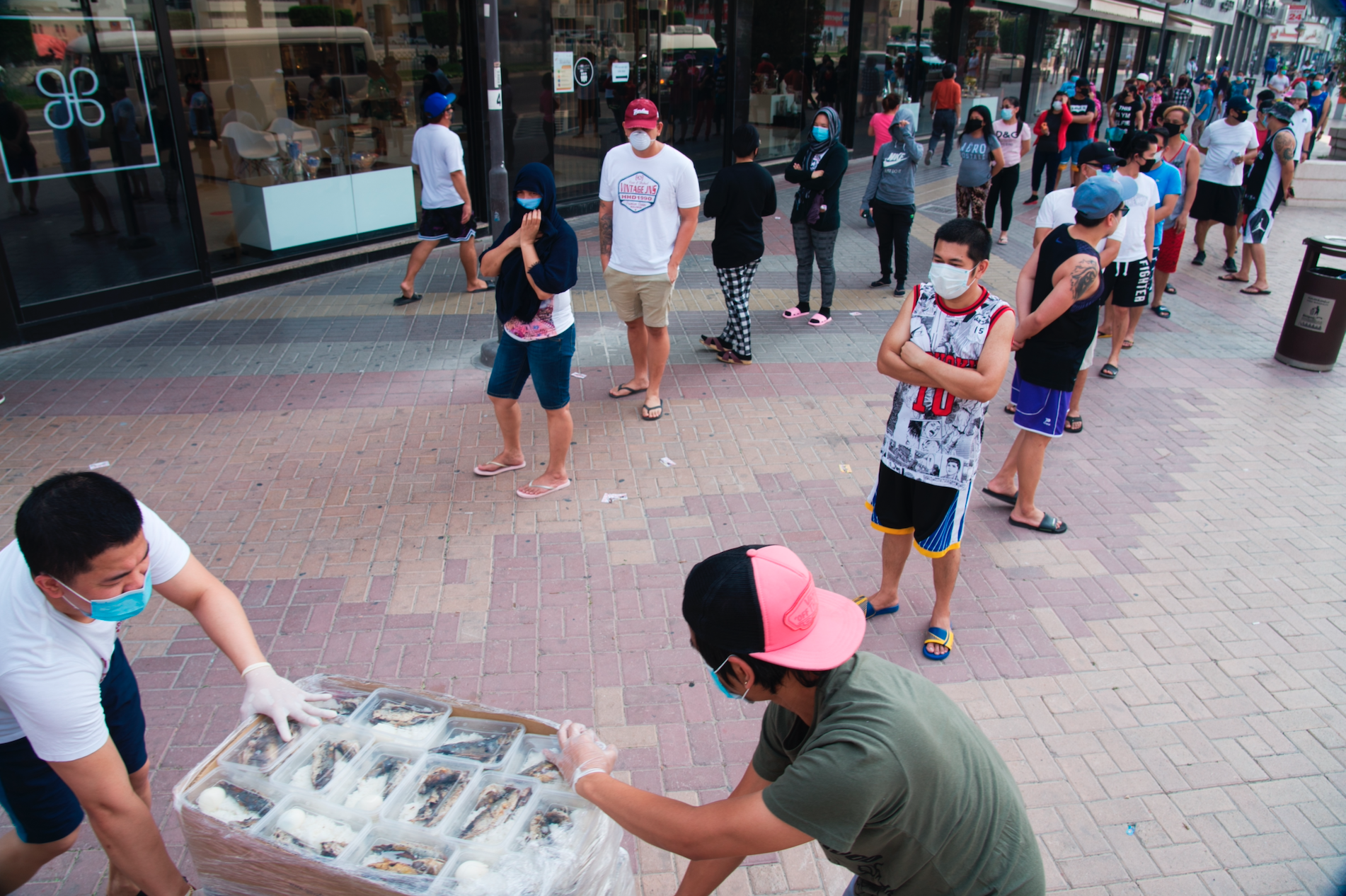

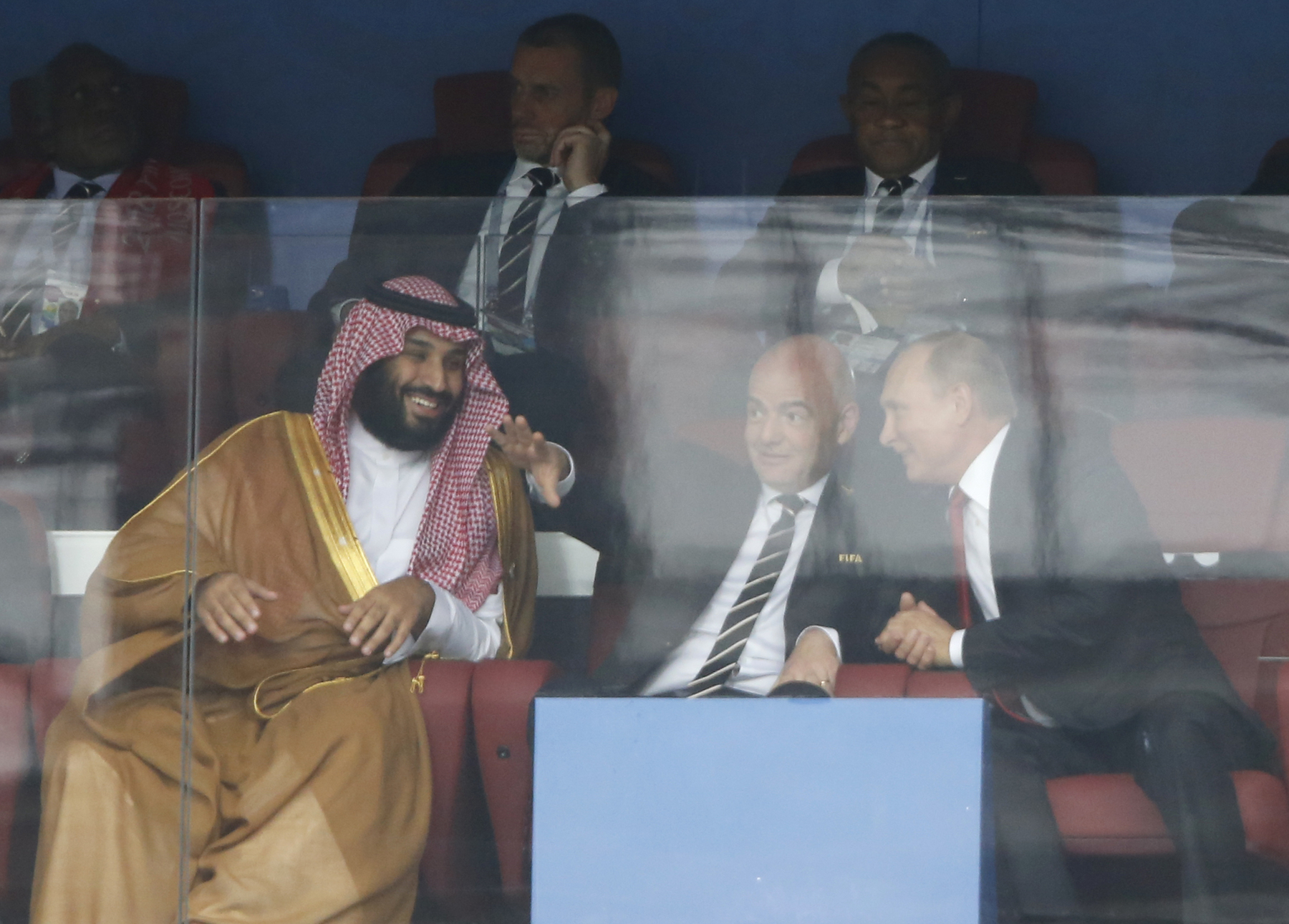
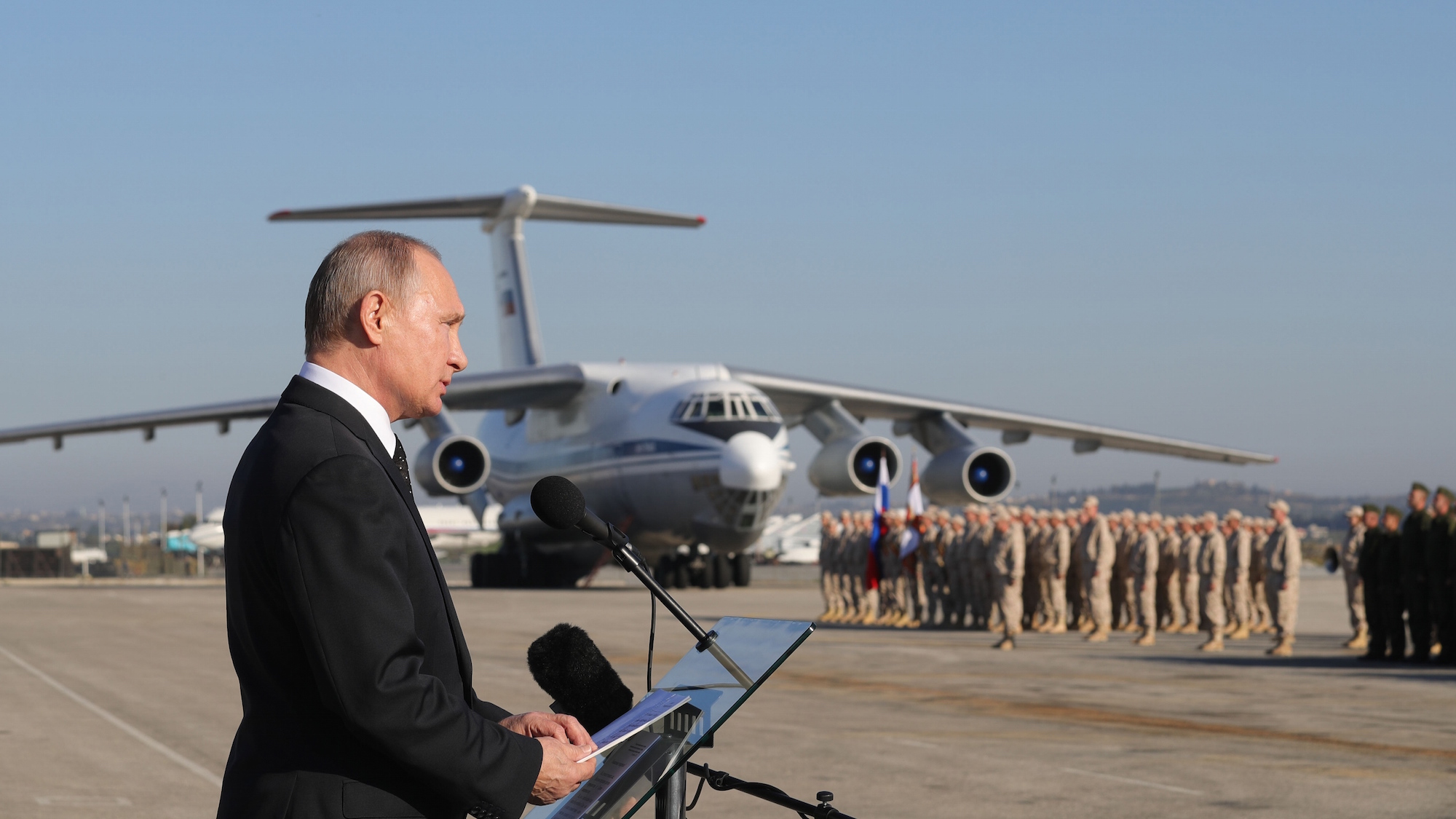
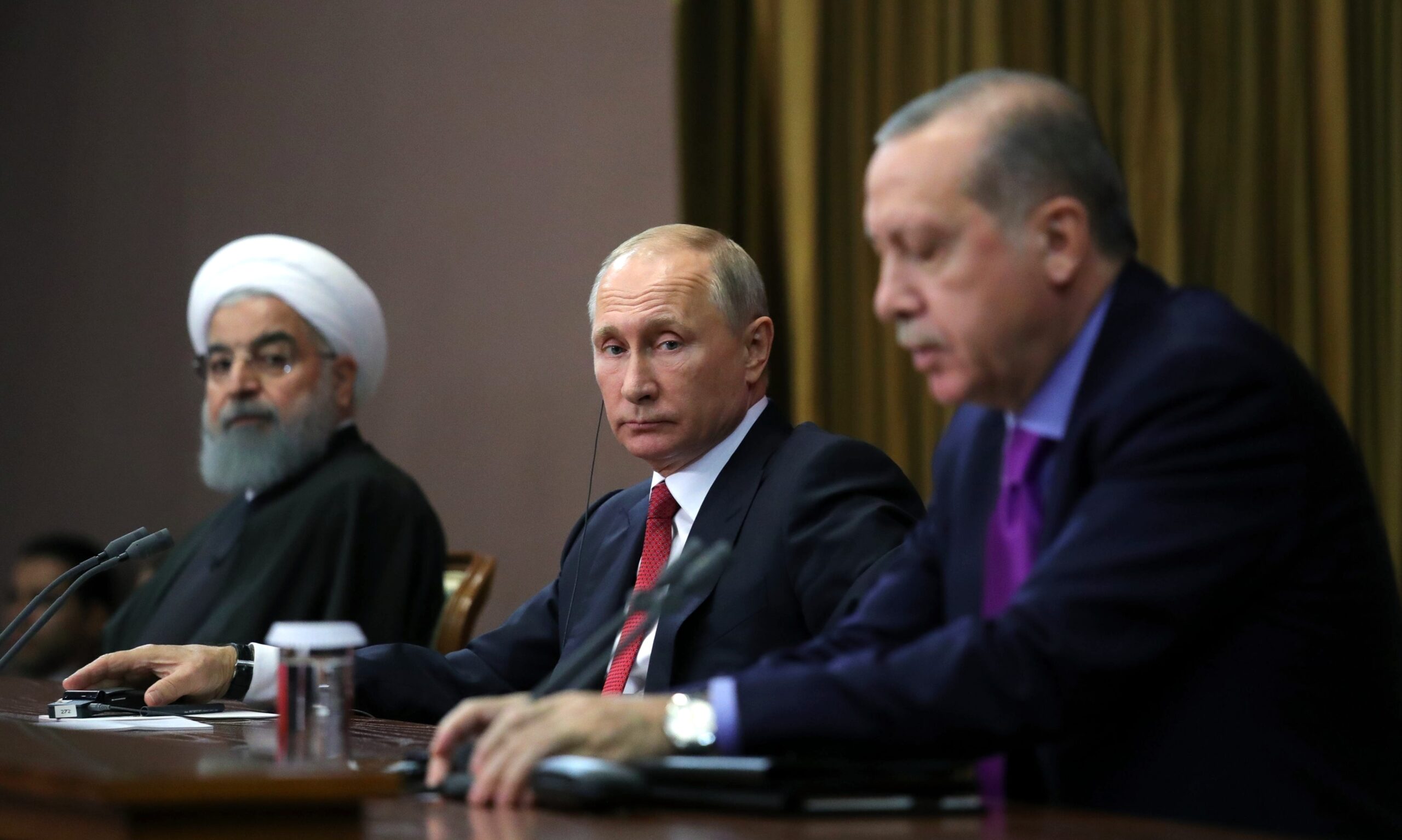

Aug 4, 2016
Is Saudi Arabia Really Inviting Russia to Play a Bigger Role in the Middle East?
Much attention was generated by Saudi Foreign Minister Adel al-Jubeir’s interview with politico.eu. The minister appeared to offer Russia an economic lifeline from Western sanctions through economic access to the Gulf Cooperation Council—the grouping of the six Arab Gulf monarchies, most of which have large oil reserves—and “a pool of investment that exceeds that of China.” Al-Jubeir...
4 min read